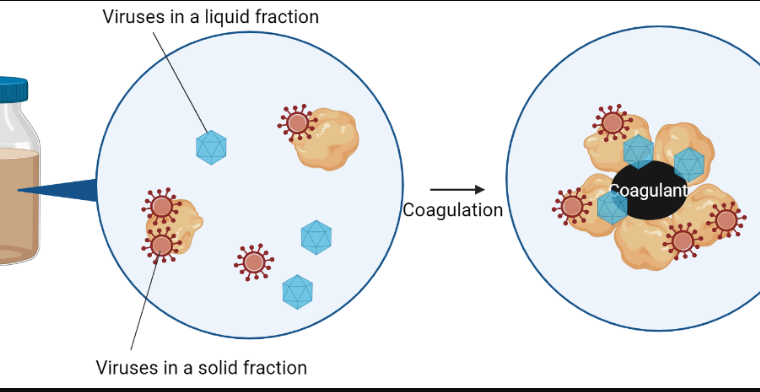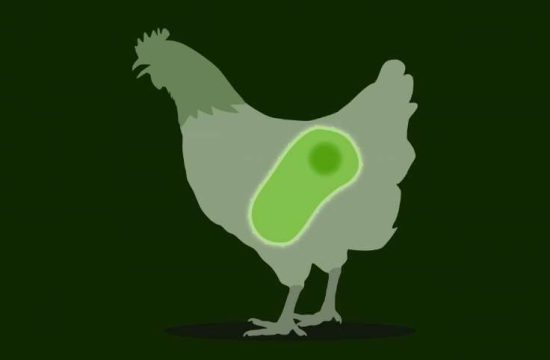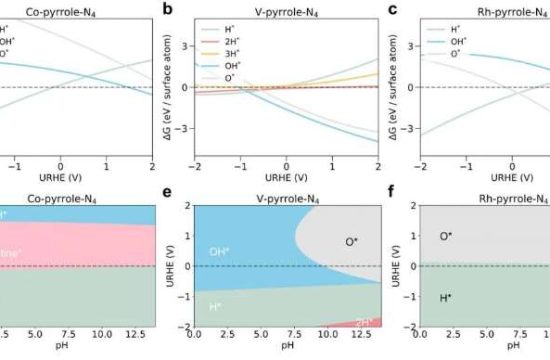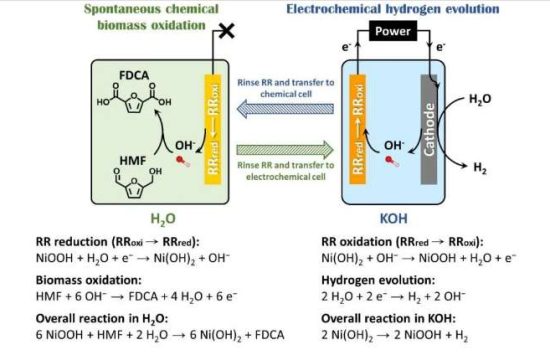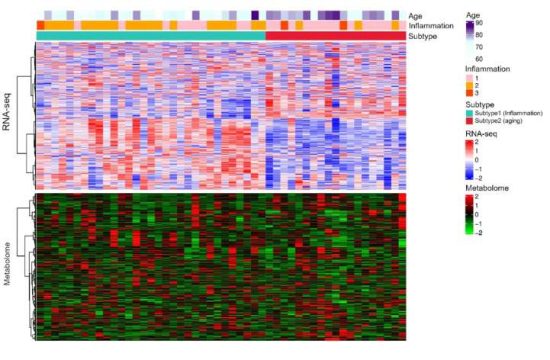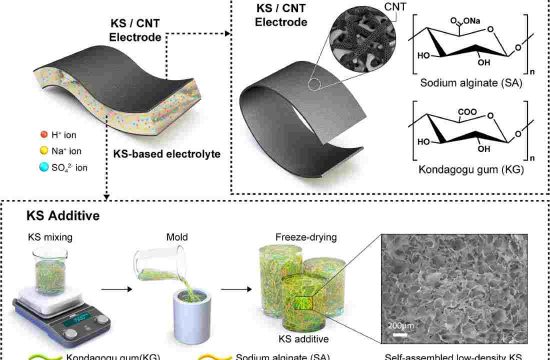OSAKA, Japan – Researchers have developed a highly sensitive detection technology for SARS-CoV-2 RNA in wastewater, named as COPMAN method, in which most of the steps are compatible with automation.
Shionogi and Hokkaido University have been conducting collaborative research on the social implementation of wastewater-based epidemiology since October 2020.
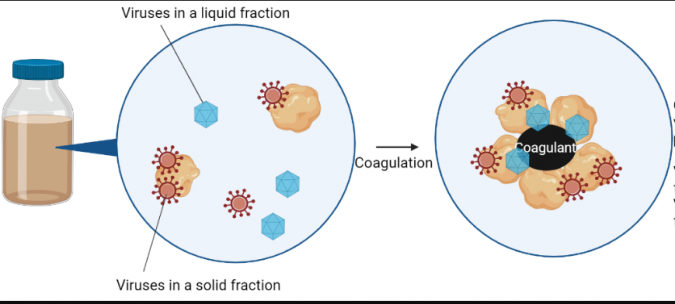
Wastewater-based epidemiology is utilized as an effective tool to understand the prevalence of coronavirus disease 2019 (hereafter, “COVID-19”) at the population level, including asymptomatic and mildly symptomatic patients.
In regions where the prevalence of COVID-19 is low in the early phase of the pandemic in Japan, the virus concentration in wastewater is relatively low, making it difficult to quantitatively detect the viral RNA using conventional methods due to the lack of sensitivity.
One of the major aims of this collaborative research has been the development of a highly sensitive method for virus detection in wastewater that is essential for the social implementation of wastewater-based epidemiology in Japan.
Based on this background, the team recently reported the development of the EPISENS-S method, a highly sensitive and practical method for viral RNA detection in wastewater.
In addition, efforts are being made to establish an automated analysis system that can analyze a large number of samples, which is required for social implementation at the national level.
Consequently, the team has successfully developed the COagulation and Proteolysis method using MAgnetic beads for the detection of Nucleic acids in wastewater method (hereafter, “COPMAN method”): a highly sensitive detection technology suitable for automation.
The COPMAN method achieves rapid and stable virus recovery by using a coagulant in the virus concentration process from wastewater, which is expected to enable efficient detection of not only SARS-CoV-2 but also other viruses.
It is expected that the dissemination of the COPMAN method will further accelerate the social implementation of wastewater-based epidemiology because a large number of samples can be analyzed by implementing this method with humanoid robots.
AdvanSentinel and Shionogi are making efforts with Hokkaido University in the technology development of wastewater-based epidemiology, which enables a more accurate understanding of the prevalence of infectious diseases.
It will contribute to an urgent issue, understanding the prevalence of COVID-19 including its variants, and continue to establish nationwide wastewater surveillance systems to identify the public health threat and risk of possible next pandemic after COVID-19.
The study results have been published online in Science of the Total Environment, a Journal of environmental science on September 23, 2022.


